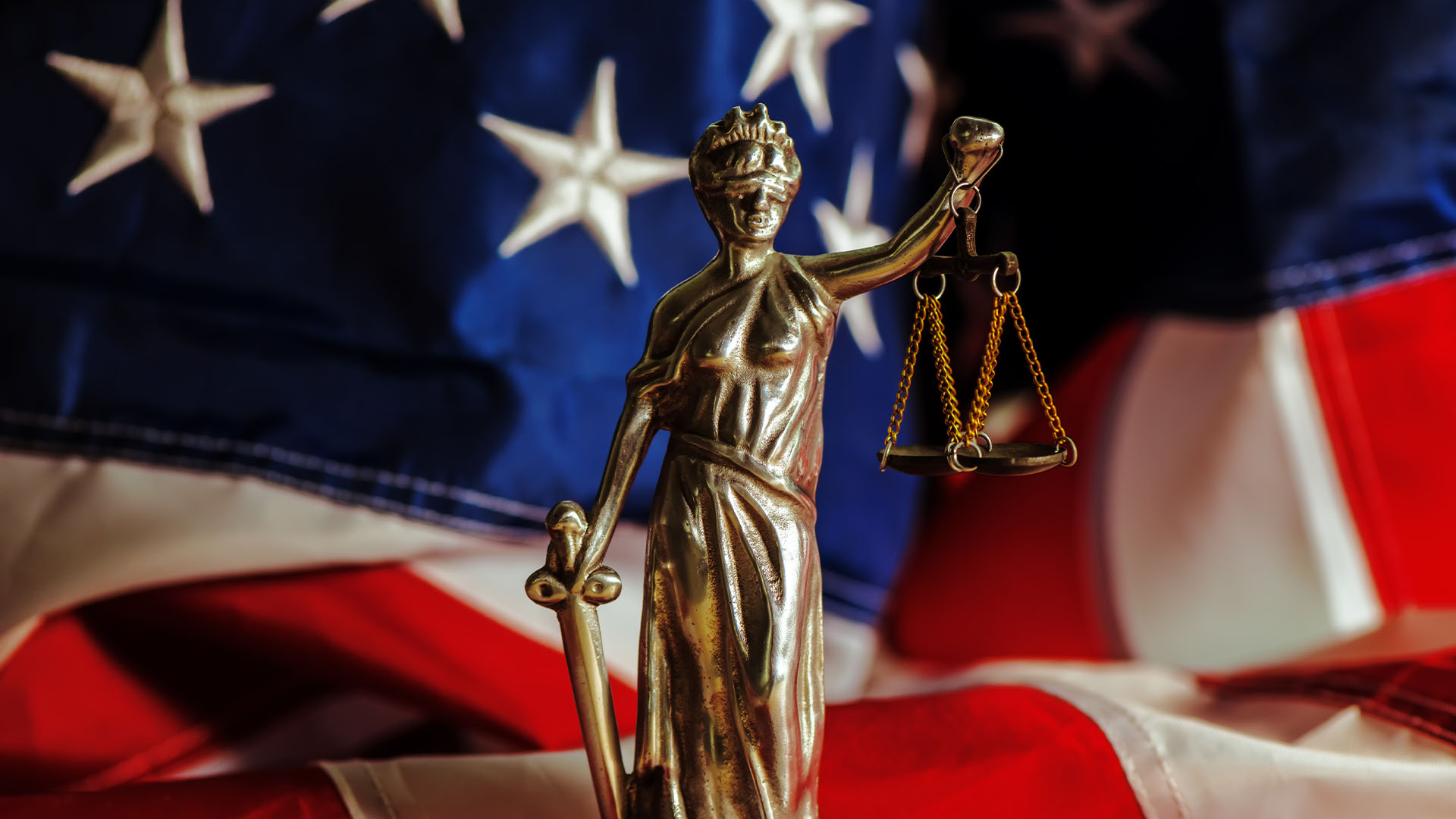The Republican and Democratic parties have poured legal resources into three swing states where litigation could slow the tally of millions of mail-in ballots
Democrats, Republicans and voting-rights groups are readying for postelection legal battles in Pennsylvania, Michigan and Wisconsin—closely contested states where the late tallying of absentee ballots could result in litigation.
The Trump and Biden campaigns and the two major parties have poured legal resources into these three states, which President Trump crucially flipped from Democrats in his 2016 victory, and where he is closely trailing former Vice President Joe Biden, according to Real Clear Politics polling averages.
While other swing states are also seeing election litigation, Pennsylvania, Michigan and Wisconsin pose particular challenges because of their ballot-counting rules. None have yet begun tallying millions of mail-in ballots, as other states have done, and election officials in these states say they may report results on Wednesday and beyond.
Election law experts warn that any period of uncertainty over the election’s winner could spark legal fights. Adding to the focus on Pennsylvania, Wisconsin and Michigan: They are all split between Democratic governors and Republican-run legislatures, teeing up a partisan clash over counting votes.
Justin Riemer, the Republican National Committee’s chief counsel, said Pennsylvania is “certainly the epicenter, I think right now, for problems,” and a focus for both parties. The Republican Party has dozens of people deployed to Pennsylvania to monitor the situation and communicate with election officials at the state and county level, Mr. Riemer said.
Pennsylvania voters have requested a record number of more than 3 million absentee ballots this year. The state chapter of Common Cause, a left-leaning voting-rights advocacy group, has assigned 2,000 volunteers to voting sites in 11 counties that the group believes could have election-day problems. This army of poll watchers can funnel complaints to lawyers working with Common Cause, which has been involved in pre-election lawsuits over voting laws this year.
In Michigan, top Democratic attorneys will spend Election Day holed up in a “boiler room” at a hotel in Detroit, watching for problems across the state. Michigan has the country’s most decentralized election system, with different clerks and ballots in 1,600 districts. Each will have one poll watcher from each party, plus more for the absentee-ballot counting room. Republican lawyers said they would raise any issues with state officials, while bracing for possible litigation.
In Wisconsin, Democrats and Republicans have election-day litigation teams on standby. “If we have to document or challenge anything, we’ll do it,” said Wisconsin GOP Chairman Andrew Hitt.
Those efforts track with national moves by the Democratic and Republican parties, which have retained attorneys across the country with experience in election law, both nationally and at home. “We have been planning for any postelection litigation and recounts for well over a year,” said the RNC’s Mr. Riemer.
The Democratic Party began building what it calls voter-protection infrastructure much earlier than in previous election cycles, spreading tens of thousands of lawyers across the country and staffing programs in battlegrounds—like Pennsylvania, Wisconsin and Michigan—in early 2020.
“Our job is to make sure voters know all their options for voting and to protect their vote and make sure it’s counted,” said David Bergstein, director of battleground-state communications for the Democratic National Committee.
In a year when Covid-19 upended the rules for ballots, partisan disputes over voting rules and deadlines have resulted in lawsuits in at least 44 states, according to the Stanford-MIT Healthy Elections Project. Minnesota has also emerged as a potential postelection field of battle after a federal appeals court suggested Thursday that its extension of a mail-in vote deadline was unconstitutional.
But Pennsylvania, Wisconsin and Michigan stand out for their distinct rules for counting mail-in ballots. All three have received a record number of mail-in ballots, but laws in Pennsylvania and Wisconsin prohibit officials from counting them until Election Day. In Michigan, election officials in larger districts can process ballots—meaning opening and sorting them—during a 10-hour window on Nov. 2.
Election officials have said the vote-counting rules mean they won’t know who won the state until the next day or later in the event of a close result. Meanwhile, states like Florida have been tabulating absentee ballots for weeks and will disclose those results on Tuesday evening.
In recent weeks, a lawsuit filed by Pennsylvania Republicans reached the U.S. Supreme Court. A 4-4 order let stand a state Supreme Court decision allowing officials to count mail-in ballots received up to three days after Election Day. The court on Wednesday refused Republicans’ second request to hear the case before Election Day, but left open the possibility for postelection litigation.
Justice Samuel Alito, who backed the Pennsylvania Republicans’ position, suggested in a statement accompanying the order that considering those mail-in votes valid would allow state courts to undercut election rules set by the state’s GOP-controlled Legislature.
Newly sworn-in Justice Amy Coney Barrett could be a decisive vote when she begins hearing cases.
Pennsylvania’s attorney general, a Democrat, has directed county election boards to separate ballots received after Nov. 3.
Meanwhile, the U.S. Supreme Court rejected Democrats’ request to extend Wisconsin’s ballot-receipt deadline past Election Day.
In Michigan, a state appeals court ruled in Republicans’ favor earlier this month and blocked a 14-day extension for votes postmarked by Nov. 2.
Lawyers are gaming out what happens if prolonged ballot battles cause Pennsylvania, Wisconsin and Michigan to have no clear result before Dec. 8, the deadline for states to appoint presidential electors, and the Electoral College vote on Dec. 14. If vote counting collides with these deadlines, it is possible for a governor and state legislature to send different electors to Congress.
“We’re in uncharted legal territory,” said Mark Medish, co-founder of Keep Our Republic, a nonprofit formed this summer to preserve election integrity.


